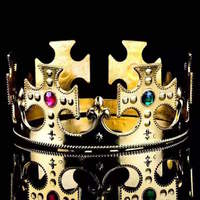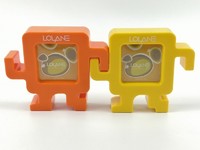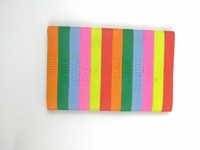piggy bank
Product Quick Detail
- Minimum Order
- 1
- Place Of Origin
- China (Mainland)
- Packaging
- 12pcs each PVC box
- Delivery
- 15 Days
Specifications
Why should children develop the habit of saving?
Adult savings are always taken for granted, but what about children?
1. Spending ahead of time makes it easy for children to develop a lavish spending habit, which is not conducive to their future wealth planning.
2. The famous American education expert Godfrey once suggested in his book that parents had betterbuy three beautiful piggy banks
This way, the use of pocket money is clearly organized, and it is more conducive for children to develop good savings and financial management habits.
3. When the child has apiggy bank
4. Let children see the magical power of saving
Parents can regularly count the money in the piggy bank with their children and let the children witness the results of their insistence on saving. At this time, borrow the principles of savings to educate children and save pocket money in order to achieve their own small goals. Slowly, it is possible to achieve large goals in the future.
5.Let the children understand the principle of accumulating less and becoming more and more and more.
6. The child has a small piggy bank, and the parents also have apiggy bank maker. Their piggy bank is called the "bank" and is the largest piggy bank in the world.
- Country: China (Mainland)
- Founded Year: 2004
- Contact: chen kevin










